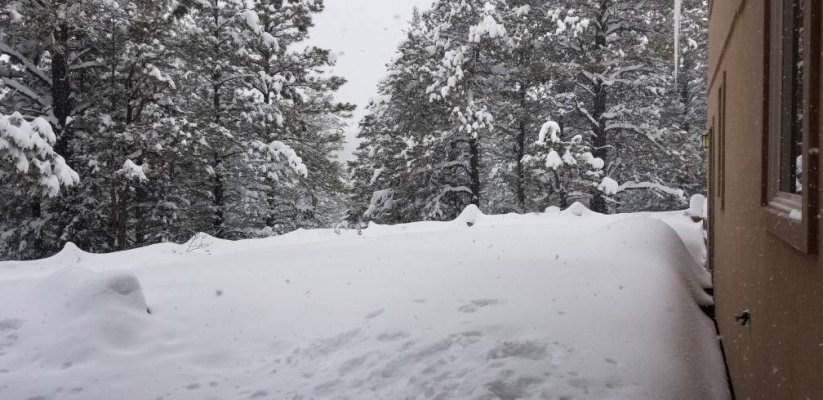Nature Lover
Recycles dryer sheets
I just wanted to thank OP and all who have contributed here. I'm in the process of updating the family emergency plans, and this thread (along with 2 older threads on this topic from a number of years ago) has been helpful. The biggest things prompting the updates are:
1) Recent email from PG&E notifying customers, who have emergency notifications registered with them, that they now have a plan to preemptively shut down power when certain high fire risk conditions are present anywhere near the grid, and that areas not even close-by could lose power for many days (up to 48 hours after the conditions no longer exist). As a result, I'm upping our "shelter in place" plans from 72 hrs to 2 weeks; and
2) Realization that our existing plans don't take into consideration the potential need to include my mother at my house. She lives in an assisted living apt. complex approx. 7 miles away. Their current plan is not likely adequate beyond 3-5 days, and could require evacuation if unable to receive commitments of food/water from local relief agencies, or if communications are completely down. Mom's capabilities have diminished since the last time we updated the plans and she can shelter in place fine for a few days; but if it's a shelter in place incident that turns into a longer event or an evacuation, I think I would want her to come to my house (and she has indicated she'd want that as well), rather than hours away to another of the company's apt complexes. Thus, better to plan for this ahead; and
3) Realized that several of our friends have relocated far away or passed away, and extended shelter in place plans that included them are now weaker (for both us and them - those still with us). Need to make sure we're coordinating with friends who are within reach.
Of course, all existing plans requiring an immediate evacuation are being updated, as well. We plan for both a "with auto" evacuation, and a "without auto" evacuation, in the event the car is rendered inoperable by the incident, and we have to evacuate immediately for safety reasons.
Anyway, I just wanted to say thank you to all who are sharing.
NL
1) Recent email from PG&E notifying customers, who have emergency notifications registered with them, that they now have a plan to preemptively shut down power when certain high fire risk conditions are present anywhere near the grid, and that areas not even close-by could lose power for many days (up to 48 hours after the conditions no longer exist). As a result, I'm upping our "shelter in place" plans from 72 hrs to 2 weeks; and
2) Realization that our existing plans don't take into consideration the potential need to include my mother at my house. She lives in an assisted living apt. complex approx. 7 miles away. Their current plan is not likely adequate beyond 3-5 days, and could require evacuation if unable to receive commitments of food/water from local relief agencies, or if communications are completely down. Mom's capabilities have diminished since the last time we updated the plans and she can shelter in place fine for a few days; but if it's a shelter in place incident that turns into a longer event or an evacuation, I think I would want her to come to my house (and she has indicated she'd want that as well), rather than hours away to another of the company's apt complexes. Thus, better to plan for this ahead; and
3) Realized that several of our friends have relocated far away or passed away, and extended shelter in place plans that included them are now weaker (for both us and them - those still with us). Need to make sure we're coordinating with friends who are within reach.
Of course, all existing plans requiring an immediate evacuation are being updated, as well. We plan for both a "with auto" evacuation, and a "without auto" evacuation, in the event the car is rendered inoperable by the incident, and we have to evacuate immediately for safety reasons.
Anyway, I just wanted to say thank you to all who are sharing.
NL

